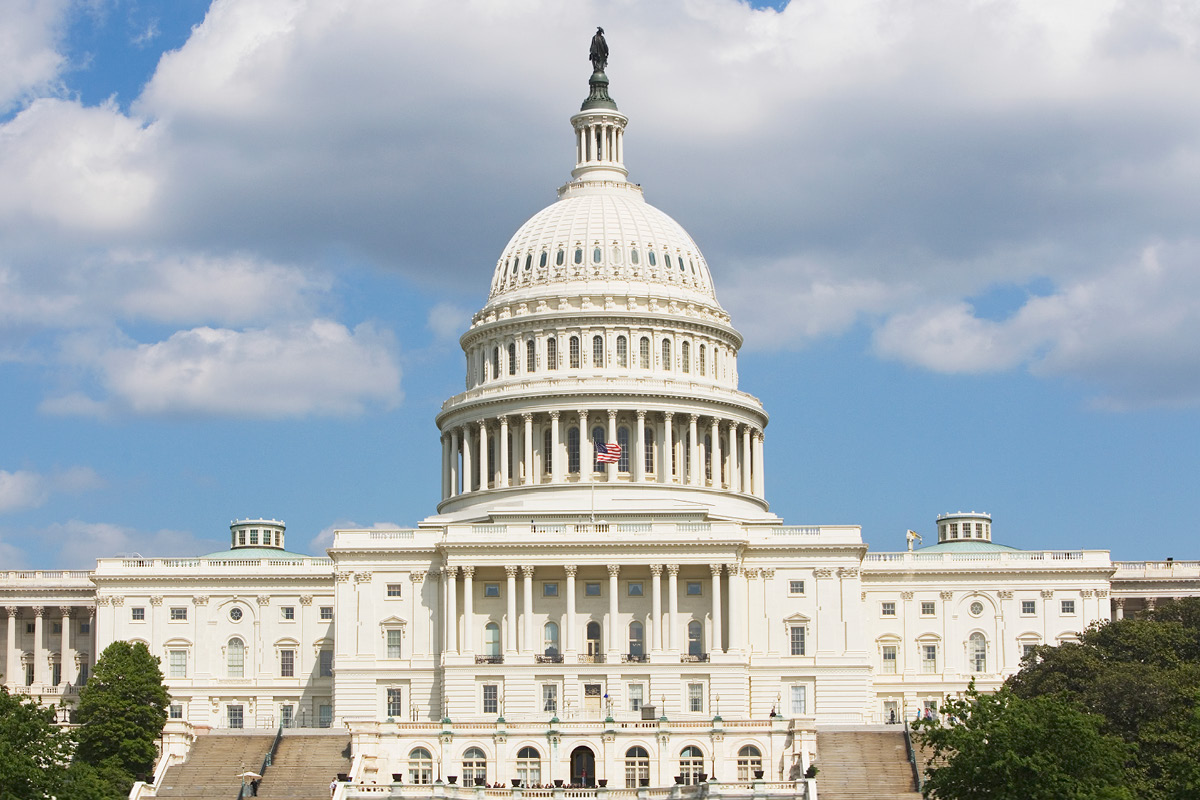
In January 2022, the National Clinical Care Commission issued its final report to Congress. The finding were just published in Diabetes Care Here’s what they said about diabetes and what it means.
What is the National Clinical Care Commission?
National Clinical Care Commission (the Commission or NCCC) is a commission formed in 2018 to evaluate and provide recommendations to improve federal programs related to complex metabolic or autoimmune diseases that represent a significant disease burden in the United States. This includes type 1 diabetes (T1D). There are many federal programs that touch healthcare, and the charter of this commission was to make specific recommendations on how the federal government can improve their programs to meet the needs of its citizens affected by these diseases.
Ellen Leake, past chair of Breakthrough T1D’s International Board of Directors, served on the NCCC as an appointed representative of Breakthrough T1D and the T1D community.
The final report outlines evidence-based, actionable recommendations to improve federal diabetes awareness, prevention, and treatment programs; the first guidance like this since 1975. It also calls on the government to improve access to care, address social determinants of health, and improve collaboration between different federal agencies.
What Were Their Recommendations?
The NCCC issued its final report to Congress in January 2022. It included several recommendations around diabetes. These recommendations happen to align with Breakthrough T1D’s Advocacy Agenda!
Here are some, but not all, of the specifics.
Renew the Special Diabetes Program For Longer at a Higher Level
The Special Diabetes Program (SDP) is a critical program that provides $150 million annually for T1D research at the National Institutes of Health (NIH), the country’s premier medical research agency. The SDP complements Breakthrough T1D’s research efforts. Together, they are leading to new insights and therapies that are improving the lives of people with diabetes and accelerating progress to cure, treat, and prevent T1D.
The SDP has provided over $3.4 billion to T1D research since its inception in 1997—and the investment has paid enormous dividends—funding research that has directly led to new therapies for the T1D community.
The SDP is set to expire in September, and much of the funding it has received in recent years has been short-term, sometimes in months-long increments. The NCCC realizes the significance of long-term funding and recommends the program be renewed in five-year increments and include annual increases in funding to at least account for inflation costs.
Breakthrough T1D strongly supports this recommendation.
Updates to Centers for Medicare & Medicaid Services
The Centers for Medicare & Medicaid Services (CMS) is the governing body that oversee Medicare and Medicaid, which are federal and state programs that provide health insurance and help with costs to millions of Americans. The NCC had specific recommendations for CMS, including update and regularly (at least every three years) evaluate eligibility requirements for various diabetes devices leading to appropriate coverage determinations. This is important because the landscape of T1D tech is rapidly changing; state of the art today may not be state of the art in three years. This recommendation ensures that the diabetes community will have access to the best tools and therapies. It also recommends that CMS consider patient-reported outcomes into their calculus—which is incredibly important and brings user-feedback into the process.
This recommendation is heartily welcomed by Breakthrough T1D. Breakthrough T1D led the fight to have Medicare cover CGM technology—and it took years for this vulnerable population to have access to lifesaving CGMs. This recommendation ensures that the current landscape is regularly evaluated.
Increasing Access to Improve Outcomes
Access to insulin and therapies like insulin pumps and CGMs can be a challenge in America. Insulin affordability is a crisis—even with the recent steps taken to put a cap on the cost of insulin for those on Medicare. For that reason, Breakthrough T1D is encouraged by two recommendations by the NCCC around cost and access.
One recommendation is that federal policies and programs remove cost barriers to ensure that insulin is affordable for all people with diabetes and that no one with diabetes who needs insulin cannot get it because of cost. Breakthrough T1D hopes Congress takes this recommendation seriously and works to address the issue.
Another is that the US Department of Health and Human Services (HHS) establish a process to determine and regularly reevaluate high-value diabetes services and treatments to be fully covered (pre-deductible) by health insurance based on their ability to prevent development or progression of diabetes complications. As therapies have improved, so have their abilities to keep individuals with T1D in range more of the time, which leads to fewer complications. Breakthrough T1D supports this as well.
What Happens Now?
The NCCC’s work is officially done. Their report was delivered to Congress, and it is up to Congress to take these recommendations and implement them as they see fit. Breakthrough T1D has and will continue to share our strong support for these recommendations with Congress as part of our ongoing advocacy efforts to improve the lives of those with T1D and accelerate research to cure, treat and prevent T1D.
Breakthrough T1D is honored to have been involved in the Commission’s work through Ellen and we thank her for her continued commitment to advance research and care for those living with T1D. Breakthrough T1D also thanks the whole NCCC for their hard work and for making recommendations that will improve the lives of the diabetes community in the US.